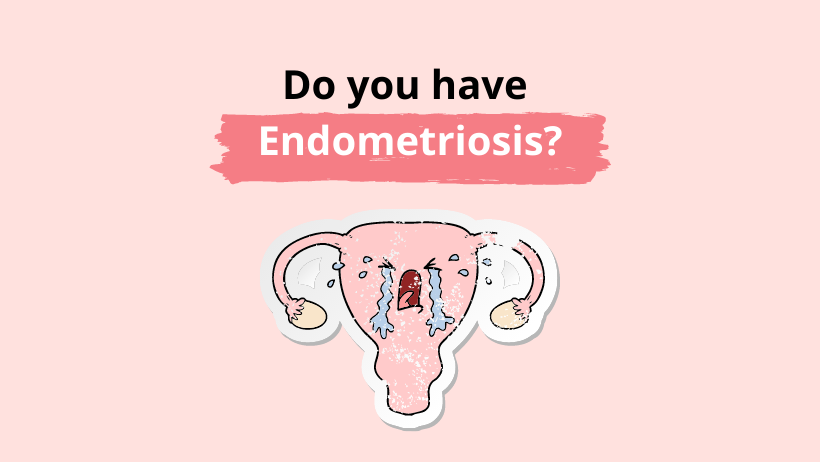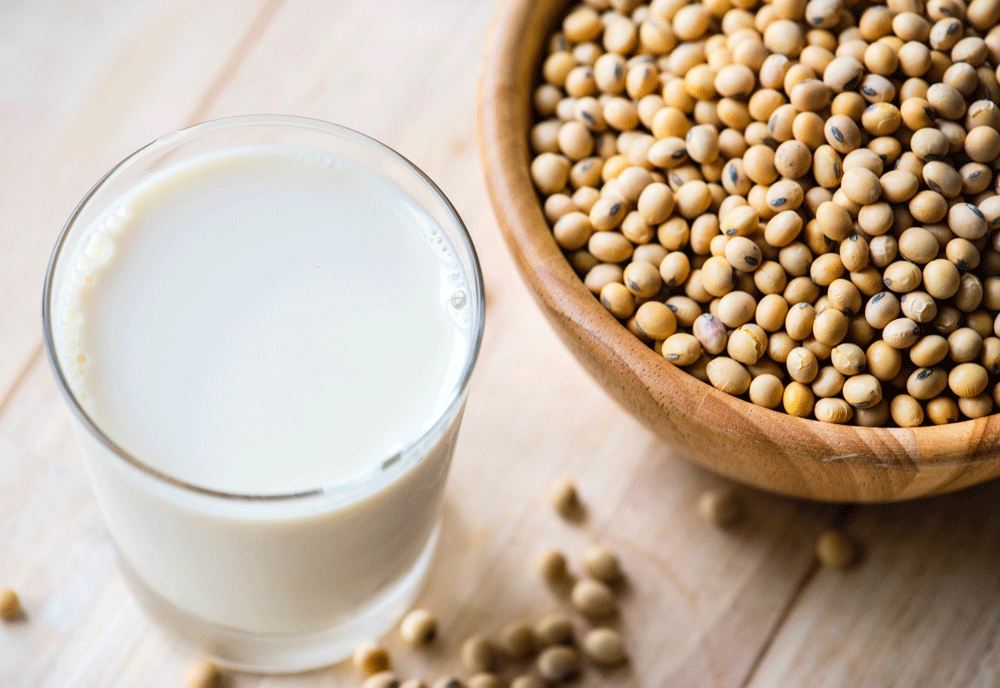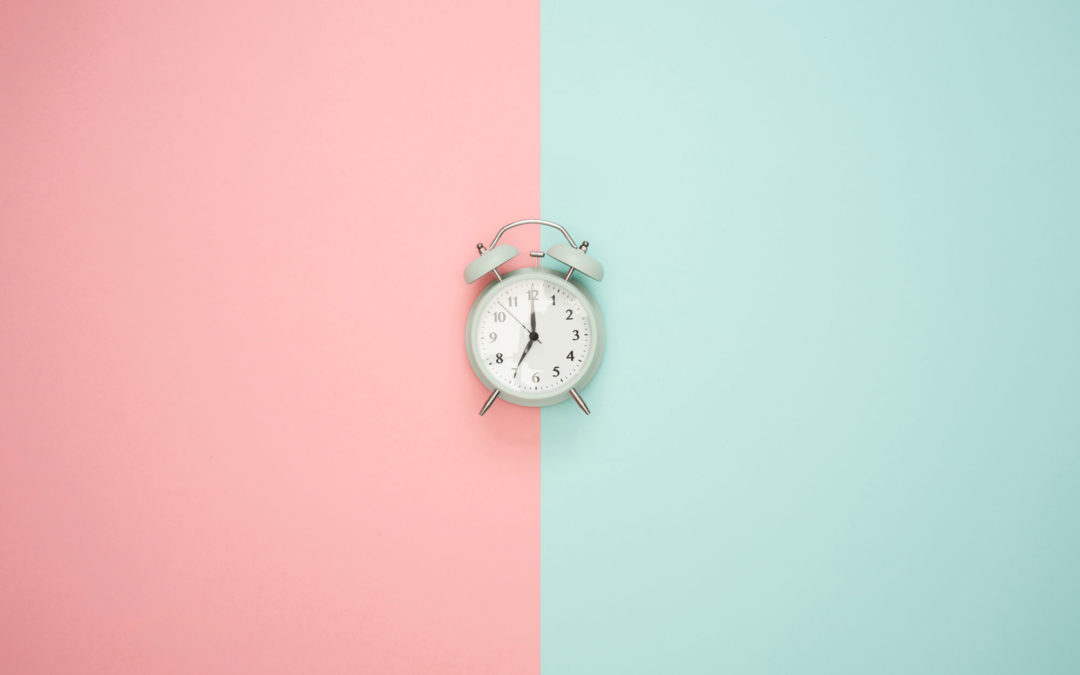So you’re wondering ‘why is my period so late’ after a negative pregnancy test.
If this is really unusual for you, then more than likely a recent lifestyle or dietary change has altered your body’s biochemistry leading to a delay in your period.
The good news is that once you are aware of what is going on, you should have your period back on track in no time.
Alternatively, if this is happening a little too frequently, it could indicate a deeper problem that may need to be investigated.
Let’s dive in and discuss the five reasons why your period is late.
Five Reasons Why Your Period Is Late
1. Stress
Has your stress been a little sky high lately?
Whether you’re working extra long hours at work to hit deadlines, or trying to launch a new business, consistent chronic stress can send your period running.
Why? Your body is so focused on dealing with the job at hand, that it’s prioritising the production of stress hormones over reproductive hormones.
When your body is in a sympathetic dominant state during prolonged stress, your body will divert pregnenolone the building block required to make progesterone, towards making cortisol a stress hormone.
The problem with this, is that progesterone is required to help regulate your cycle and bring on your period.
If the production of progesterone is altered in any way, it can delay your period.
It can even exacerbate symptoms such as irritability, moodiness and other PMS like symptoms such as breast tenderness.
So, the goal? You need more down time, aiming to physically dampen down that stress response towards the parasympathetic state which is the ‘rest’ state.
You need to physically tell your body it’s safe to make reproductive hormones again (hello period, I’m ready come back!).
Activities you can do to help your body switch off:
- Deep belly breathing: Breathe in for the count of five, and breathe out for the count of five.
- Yoga: Attend a restorative yoga, yin/yang or stretching class to support deep belly breathing to relax the mind and body.
- Journalling: This is a great opportunity to do a brain dump and help you let go of the past days stressors and pressures. Finish with a list of what you are grateful for to leave feeling more positive.
- Walk along the beach or at a park: Green space helps to reduce the stress response, by switching off cortisol (stress hormone) helping you to feel calmer and more relaxed.
2. Over Exercising & Under Eating
Exercising is so good for your health and everyone should be exercising regularly, but if you over do it you can run into some hormonal trouble.
Overly high intense exercise like training for a marathon, or sweating it out at the gym 7 days a week in some women can actually stop a period.
If you combine this with reducing your calorie intake TOO rapidly, and you’re already a healthy weight it can make things worse.
This can lead to something called hypothalamic amenorrhea where the communication from your brain to your ovaries slows down, stopping ovulation and menstruation.
Not only is keeping a healthy body fat percentage important for healthy hormone production but so is ensuring you are receiving an adequate intake of fats, carbohydrates, vitamins and minerals.
So the answer? Don’t stop exercising completely, but dial it down a notch.
Instead of exercising 7 days a week, reduce it to 4 or 5 days and ensure you are eating a balanced diet without skipping any meals.
3. You’ve Just Stopped the Pill
So you’ve been on the pill for a few years, and you’re either ready to make a baby or you’re over taking the pill, but you still haven’t got your period?
The average time to get your period back after stopping the pill is 3 months.
Why? The pill gave you synthetic hormones, which meant your own hormones went on a bit of a vacation.
Your body is pretty smart, if you already had enough hormones why on earth would it produce extra for no reason?
Since they weren’t needed anymore, your body naturally reduced its own production of hormones.
When you stop the pill, your body now has to pick up the slack. This means it has to send messengers to your ovaries to tell them, it’s time to end your 3 year holiday we’ve got work to do.
If your period doesn’t appear six months post cessation of the oral contraceptive pill, it’s time to look further into what is going on.
Going without your period for too long can increase your risk for osteoporosis leading to bone mineral density loss.
4. Iron Deficiency or Anaemia
Having consistently low iron levels can stop your period in its tracks.
That’s because you naturally lose iron with ever period through blood loss.
If your body already has low iron stores, it won’t want to lose more iron through a regular period.
Again your body is pretty clever, and in some women their period will innately stop blood flow because of this.
Treatment? It’s important to increase your iron levels to the OPTIMAL level (not just within the reference range). Do this with iron supplementation or an iron infusion and maintain it with regular dietary sources of iron.
If you are a carnivore, aim to eat red meat twice a week.
Other food sources include spinach and green leafy vegetables such as silverbeet, english spinach and kale, as well as legumes such as chickpeas, lentils, tofu and tempeh.
5. Undiagnosed PCOS
A condition called polycystic ovarian syndrome (PCOS) can also cause late period.
Unfortunately it can go undiagnosed especially if the traditional signs and symptoms are not clearly defined. PCOS is estimated to affect 5% – 15% of all women.
Tell tale signs that you might have PCOS include:
- Hirtsutism: This is excess hair growth found on the face, arms, legs or stomach
- Scalp hair loss
- Irregular or unpredictable menstruation
- High testosterone and low sex hormone binding globulin (SHBG) on a blood test
- Weight gain
If you think this might be you, it’s best to talk to your Doctor so that you can have an ultrasound to see if you have multiple follicles on your ovaries.
Ensure you also have your testosterone tested to ensure it’s definitely PCOS.
Treatment? There is a lot that can be done with your diet, lifestyle and herbal medicine to help manage PCOS and bring on a more regular period, but it’s important to first get a diagnosis.
Share and Comment Below
Well there you have it, my top 5 reasons why your period might be late! I hope that this information gives you more insight into what is causing your late period.
Here’s to happier hormones and regular periods.
Blog Posts You May Like

Endometriosis – What Causes It and How Can I Treat It Naturally?
Do you experience painful periods that are progressively getting worse? Despite what you might have been told, period pain is not normal and could be a sign of an underlying condition called Endometriosis. Unfortunately as a society, women are told from a young age...

Symptoms of Peri-menopause
Are you not feeling like yourself and wondering if they are symptoms of peri-menopause? The early stages of peri-menopause can be confusing and not very obvious. For some women it can be mood swings, almost like going through puberty with heightened irritability and...

Soy and Thyroid Health – How Safe Is Soy For Your Thyroid?
Have you ever been concerned around eating soy and thyroid health? One of the biggest questions I often get asked during a consult is whether soy is safe to eat and will it cause thyroid disease? There are many reasons why including non genetically modified soy from...


